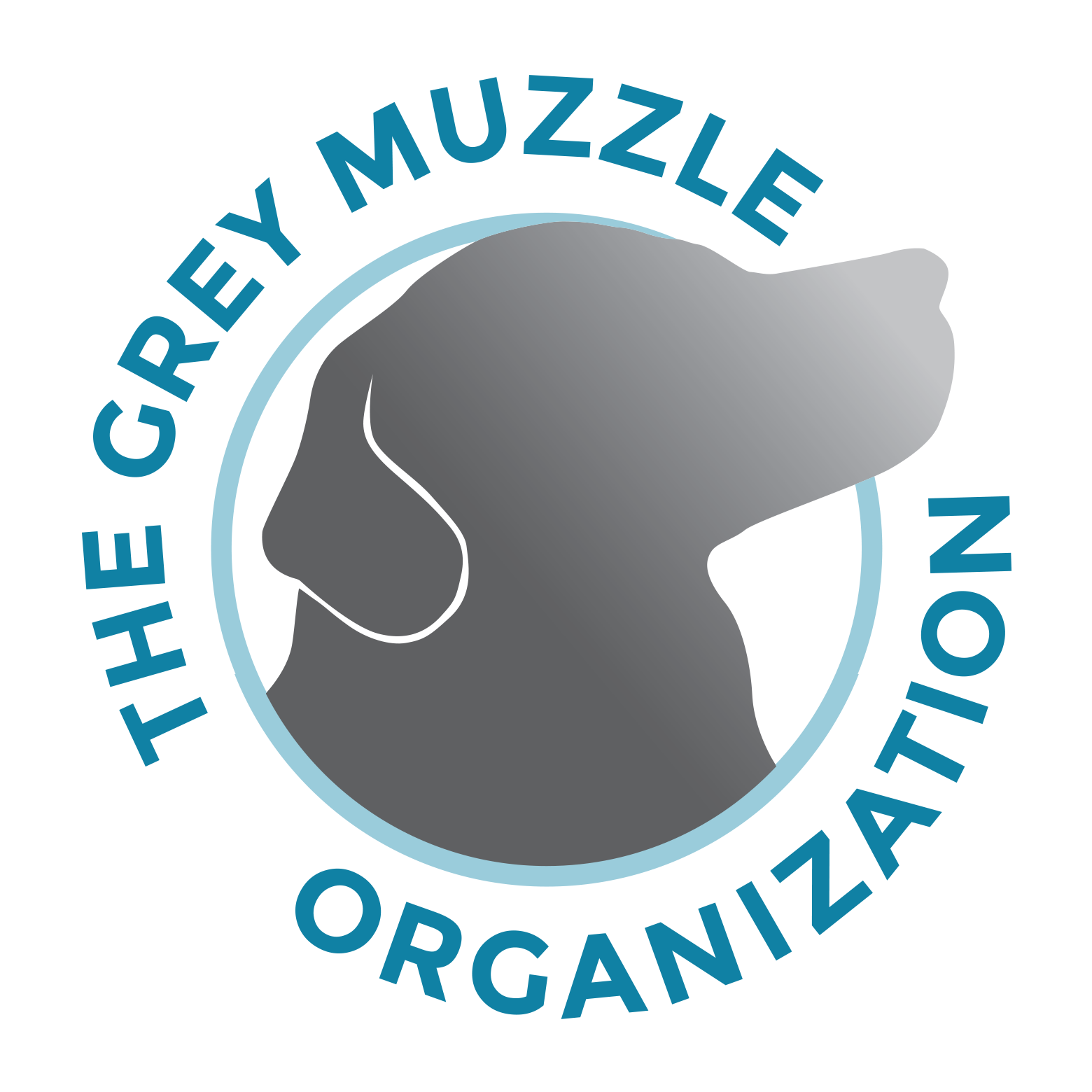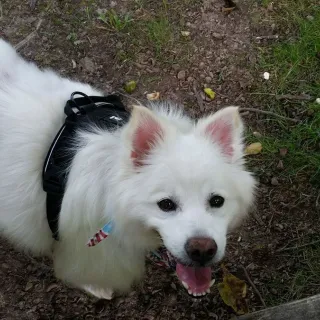Common Household Hazards for your Dog and How to Avoid Them by Devin Morrissey
This article has been republished for exclusive use by The Grey Muzzle Organization with the permission of original author, Devin Morrissey.
There are plenty of things in the home that can cause damage to your dog’s body when they consume or are exposed to them. Unfortunately, poisons are hidden everywhere within our environment. Even when you focus on hiding and keeping chemicals out of reach of your dog, they can still be exposed to dangerous but common household hazards in their everyday life.
Common household dangers to your furry friend include foods like chocolate, grapes, avocados, onions, garlic, and macadamia nuts. Certain plants can also be a health hazard to dogs if they eat them. Keep aloe plants, elephant ears, eucalyptus, and irises out of reach of Fido. Household product hazards are things like essential oils, carpet fresheners and and floor cleaners. Dangerous chemicals often found in the garage include antifreeze, oils, mouse and rat poisons, pesticides, and herbicides.
While it is not always an option to avoid having particular foods or chemicals in your home, it is possible to safely and effectively keep other chemicals and hazards out of reach of your dog. There are dangers hiding everywhere in your animal’s environment: these are just a few of them:
Food:
Unfortunately, even if you focus on keeping chemicals, dangerous plants, and foods away from your dog, there can still be hidden dangers in their food. Most of us already know that chemicals, bacteria, and fungus inevitably can make it into the food we eat every day, causing harmful and unnecessary side effects. This is why it’s imperative to look for the truth in food labeling. The same is true for our dogs food as well.
Known toxins make their way into our their bodies without our consent. Follow The Ultimate Guide to Shopping Green for your Pets to find which chemicals you should avoid:
- Artificial coloring
- BHA and BHT (used as preservatives)
- Ethoxyquin (originally created as an herbicide)
- Propylene Glycol
- Animal by-products (includes bone meal, bird beaks/feet, ill animals, etc.)
- “Rendered Meat”
- High fructose corn syrup
- Corn and soybeans
In addition, avoid popular, but dangerous rawhides. Most rawhides are treated with chemicals that tan the hide to give it its chewiness. These chemicals are highly toxic, and when they are ingested they can cause stomach torsion, choking, and salmonella poisoning.
Look for dog foods with good meat listed as one of the first ingredients. Turkey, chicken, and beef should be listed before any other grains. The protein from meats are far more effective than protein from wheat and other non-nutritional additives because they are easier to digest for Fido. Labeling that includes general “meat” as an ingredient can include anything from bone meal to animal byproducts, none of which have any nutritional value to your furry friends.
Important ingredients to look for in dog food is glucosamine and chondroitin, both which help to maintain the cartilage and joints for your dog and help to keep their aging pains at bay. Look for ingredients like antioxidants because they can help your dog maintain a healthy immune system. Good Quality dog food should be high in fiber to prevent constipation in older dogs.
Health Supplements:
While supplementation is not always necessary, it can be beneficial for an aging dog. As animals mature, they begin to feel the pains of age that humans often do: degenerating joints, muscles, stiffness etc. One of the most beneficial supplements for dogs are omega 3 fatty acid supplements.
If you are directed to give your dog a supplement, make sure that they have been tested for toxins and heavy metals. Avoid additives in the ingredients list like detergents, surfactants, parabans, resins, and emulsifiers. All of these ingredients can and are often found in animal supplements. To avoid these chemicals, buy supplements that are in powder form or in whole food forms. Avoid tablets and capsules because they contain coatings, colorings, and animal gelatin from bones and animal tissue that can cause your dog to be fatigued, have allergic reactions, and suffer from depression.
Look for National Animal Supplement Council (NASC) approved labels. The companies who produce NASC compliant products have done so voluntary, which allows consumers and pet parents to accurately check the legitimacy of the ingredients and safety of the product.
Cleaning Products:
When cleaning, small particulates of chemicals can fall anywhere. When you wipe off a counter when you clean it, little bits of food covered in cleaning products can fall onto the ground and become easily treats for your dog. Floor cleaners stay where your friend stays, on the floor which gives them easy access to being exposed to it. A good rule of thumb with cleaning products is to avoid using chemicals that you wouldn’t consume on your own.
At all costs, avoid cleaners with ammonia which can burn mucous membranes and can contribute to asthma. Avoid chlorine as it can cause dizziness and vomiting. Phenols, phthalates, and formaldehyde should be avoided because they can contribute to asthma and are known carcinogens.
Consider buying “pet friendly” cleaners, or make your own non toxic household cleaners.
- Deodorizer/Antibacterial Spray: 5 percent white vinegar kills most molds, bacteria, and germs.
- Hard Floor Cleaner: Mix vinegar 50/50 with water.
- Stain Remover: 2 tbsp salt with ½ cup white vinegar. Rub stain with soaked washcloth and vacuum once dry.
- Shower and Bathroom Cleaner: 1 cup vinegar, ¼ cup hydrogen peroxide, 1 tsp liquid soap, water. Mix together and spray onto area to be cleaned.
Unfortunately our world is pieced together with different chemicals and hazards that can threaten your furry friends health and wellness. Working to keep your dog away from the common household hazards in your home that can harm them can help to keep them healthy and safe for years to come.
Devin roams the Pacific Northwest, bringing his dog, Scrummy, whenever possible. He is a strong believer that nothing can compare to a dog's unconditional love.
You can follow him and Scrummy on Twitter.



